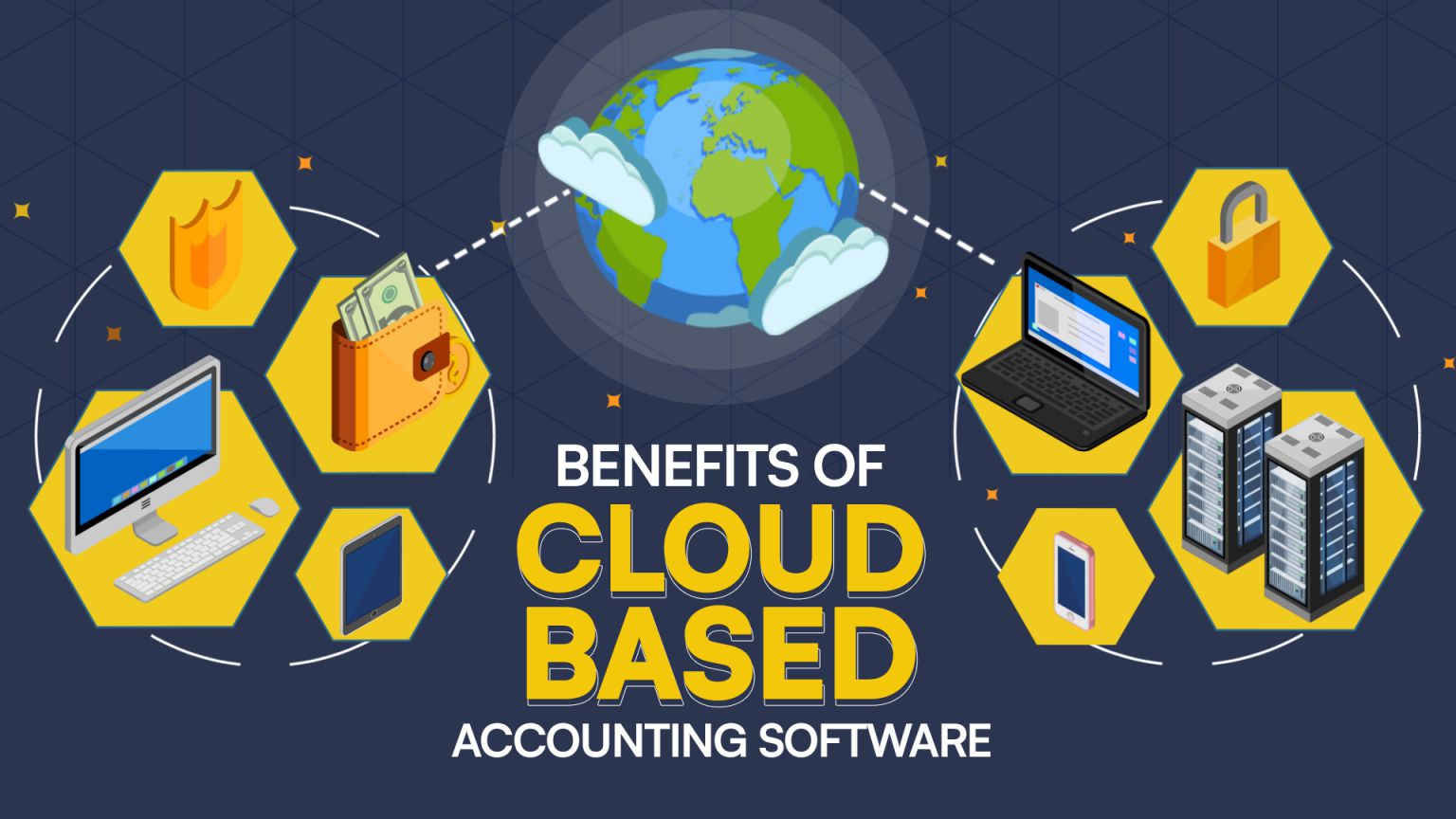Cloud-based accounting software offers a wide range of benefits that can significantly improve how businesses manage their finances. One of the biggest advantages is the ability to access financial data from any device, anywhere, making it perfect for business owners, accountants, or teams who need to collaborate remotely or manage finances on the go. These systems are also regularly updated with new features and security enhancements, ensuring businesses always have the latest version of the software without the need for manual updates. In addition, cloud accounting typically follows a subscription-based pricing model, which can be more affordable than traditional desktop software, eliminating the need for costly infrastructure and maintenance.
Security is another key benefit, as cloud providers implement robust encryption, data backups, and industry-standard compliance to protect sensitive financial data. Cloud accounting also enables real-time updates, allowing multiple users to access and collaborate on the same data, which improves decision-making and reduces the risk of errors. The scalability of cloud accounting makes it easy for businesses to expand without worrying about software limitations, as new features, users, or integrations can be added as needed. Furthermore, many cloud accounting platforms integrate seamlessly with other business tools, streamlining workflows and reducing the need for manual data entry.
